Nearly half of all Buick dealers are taking buyouts from General Motors. Many Cadillac dealers accepted similar buyouts previously, and it reflects dealer concerns about the cost of converting their showrooms and service departments to handle battery-electric vehicles. GM plans to go 100% EV by 2035, though the automaker is adjusting the pace of that transition as EV sales growth slows.
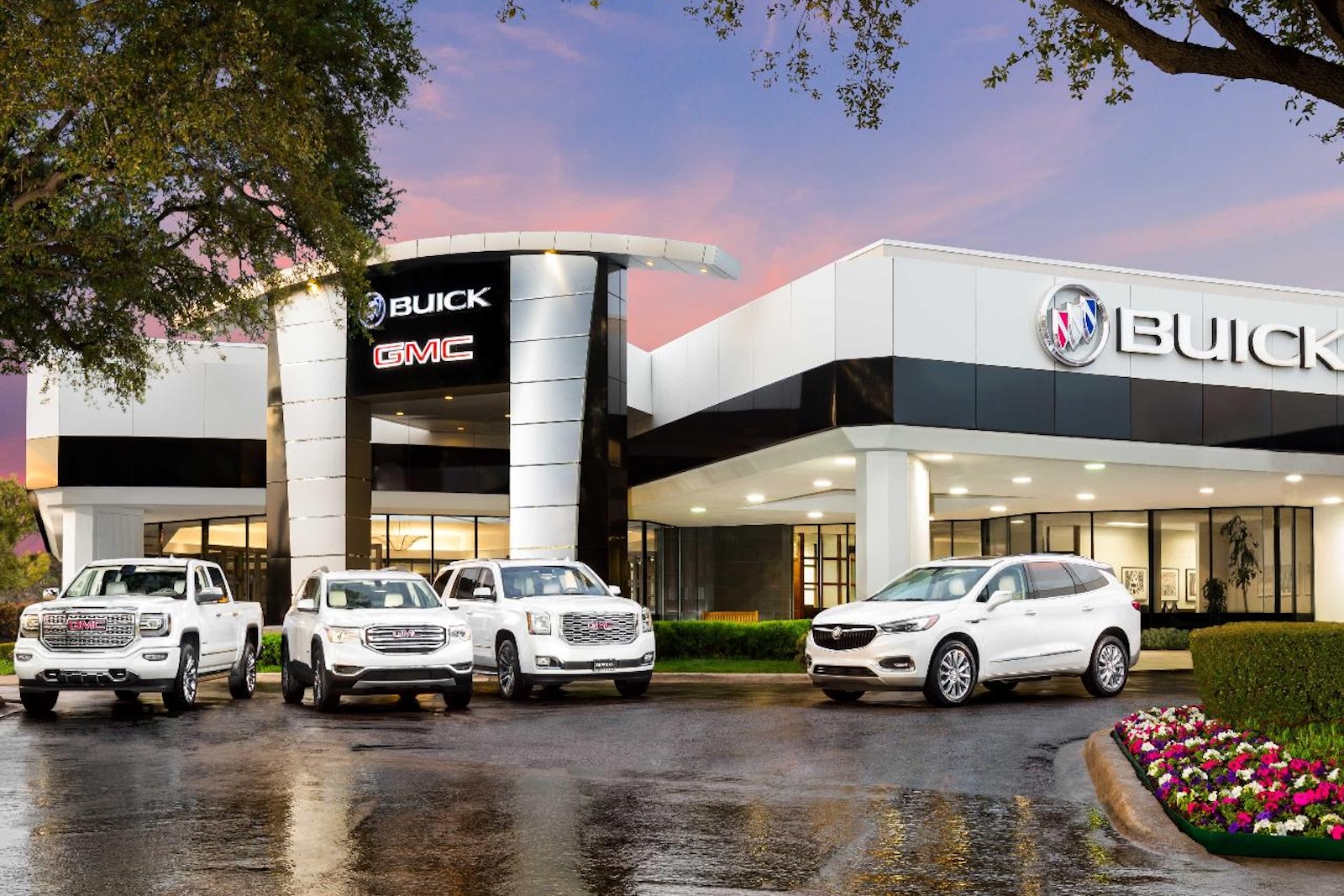
Buick dealers are looking to cash out due to GM’s mandates for electric vehicles. Nearly half of its dealers are selling their stores.
At the start of this year, Buick had 1,958 U.S. dealers. In all, 47% of those stores are slated to go away as part of a buyout offer from General Motors. That means Buick will have barely 1,000 showrooms in operation as the program wraps up.
The buyout program was linked to GM’s plans to go all-electric by 2035. But it comes at a time when Buick, the parent company’s oldest brand, continues to struggle for sales in a crowded market. Many industry analysts had expected Buick to be abandoned when GM exited bankruptcy in 2010. Company officials later said the brand survived because of its prominent role in China.
Dealers balk at EV investments
Buick has long struggled to regain its once-lofty position in the U.S. market. It’s had a few strong entries as it migrates from sedans and coupes to SUVs and CUVs, the newly updated Encore generating solid gains this year. But the brand’s overall sales continue to decline. Buick was down 11% during the third quarter — the most recent for which it reported sales — compared to its pre-COVID numbers for the same period in 2019.
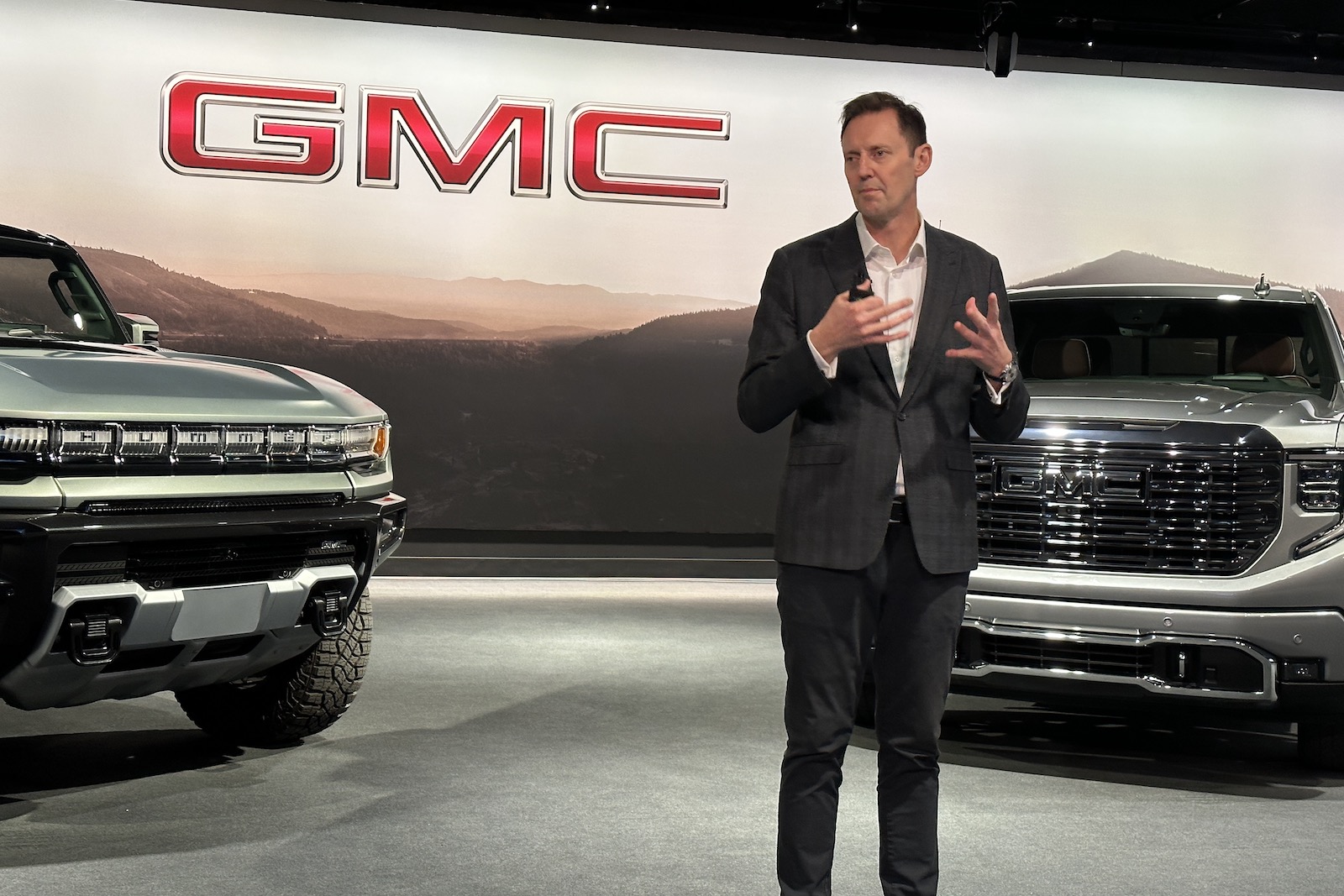
Duncan Aldred, who leads Buick and GMC, says he likes where the Buick division is at right now, especially with its dealers.
Even as Buick struggles to regain momentum, dealers face the prospect of having to make hefty investments in battery-electric vehicles. That includes retraining sales and service staff, while also investing in chargers and service equipment.
Facing similar investments, 150 Cadillac dealers — about in one in six of the luxury brand’s U.S. count — took a similar buyout in 2020. GM has not offered such buyouts to its GMC and Chevrolet brands.
A leaner brand
“I’m really pleased with where we are,” Duncan Aldred, the head of both the Buick and GMC brands, told Automotive News. “The network, where we are now, is a good size. It’s with dealers who are focused on the business, who’ve shown that they can recover the volume that the dealers who transitioned away were doing.”
Aldred said the buyout offer remains available, “in a consultive and voluntary way,” should other Buick dealers choose to give up their stores.
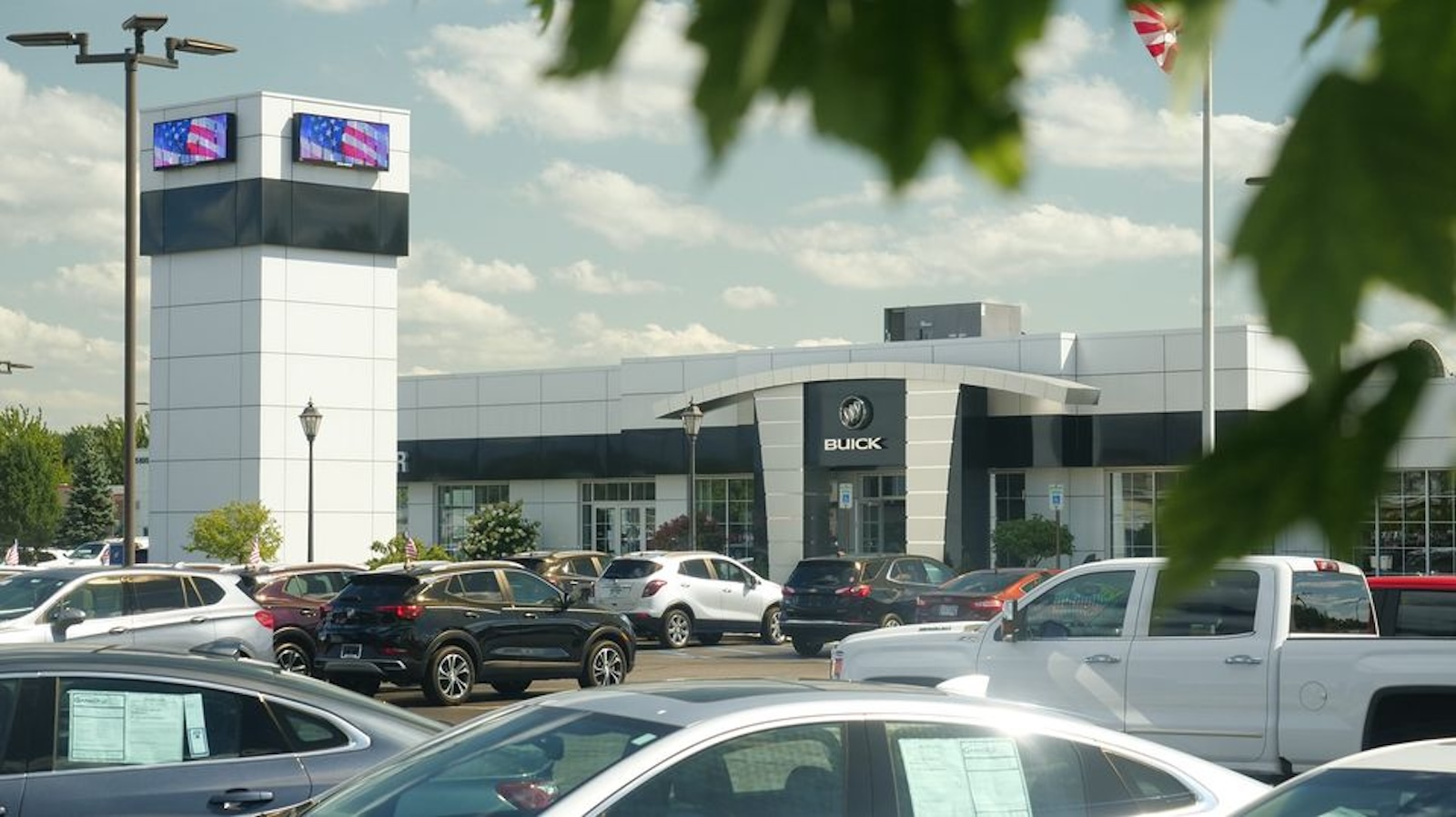
Buick will have nearly 2.5 times more showrooms than the Lexus brand which sold more than twice as many vehicles in the U.S. last year.
If anything, GM has been pushing to trim down its dealer count for more than a decade. Even emerging from the buyouts already approved, Buick will have nearly 2.5 times more showrooms than the Lexus brand which sold more than twice as many vehicles in the U.S. last year.
It’s become conventional industry wisdom that — within limits — fewer dealers can be a plus. Among other things, analysts have found there is less competition between dealers within the same brand.
More retail auto news
- Prices down, incentives up as auto buyers get reason to celebrate
- Canada bans sale of new gas-powered vehicles by 2035
- Is your car giving you a bad reputation?
Slower EV growth
EV market share grew by over 800% between 2019 and the first quarter of 2023, according to data compiled by J.D. Power. This will be the first year that the growth in market share has flattened, said Power data and analytics director Tyson Jominy, though sales continue to increase as the overall market rebounds. U.S. EV sales are expected to end the year at over 1 million for the first time ever, he said.
For its part, GM has laid out one of the industry’s most aggressive EV growth plans, targeting a shift to 100% battery-electric vehicles by 2035. But sales growth is likely to be “choppy,” Chief Financial Officer Paul Jacobson said earlier this month.
Concerns about EV investments
That has raised concerns among dealers, especially those in regions such as the Midwest and South, where sales lag more EV-friendly regions, such as California and the greater New York area. Several of the retailers that have spoken to Headlight.News have estimated they will need to invest at least $1 million to adapt to the shift to EVs. That covers Level 2 and high-speed chargers and equipment needed for their service departments, as well as training for various staff.
Dealers aren’t the only ones concerned about the slowing growth in the EV market. Even as it prepares to roll out a number of new models, such as the Cadillac Optiq and Chevrolet Equinox EV, GM is stretching out some EV projects. It is delaying the reopening of a suburban Detroit assembly plant set to build the Chevrolet Silverado EV and GMC Sierra EV pickups by more than a year. Ford is pushing back $12 billion in investments, among other things, delaying the construction of one of the new battery plants planned in Kentucky.
“The excitement that existed a year ago around EVs has definitely faded,” said Cox Automotive Chief Economist Jonathan Smoke in a statement. “Although EV sales are growing, supply is growing faster. The EV transition is requiring more effort from dealers than before, so it makes sense that enthusiasm has declined.”

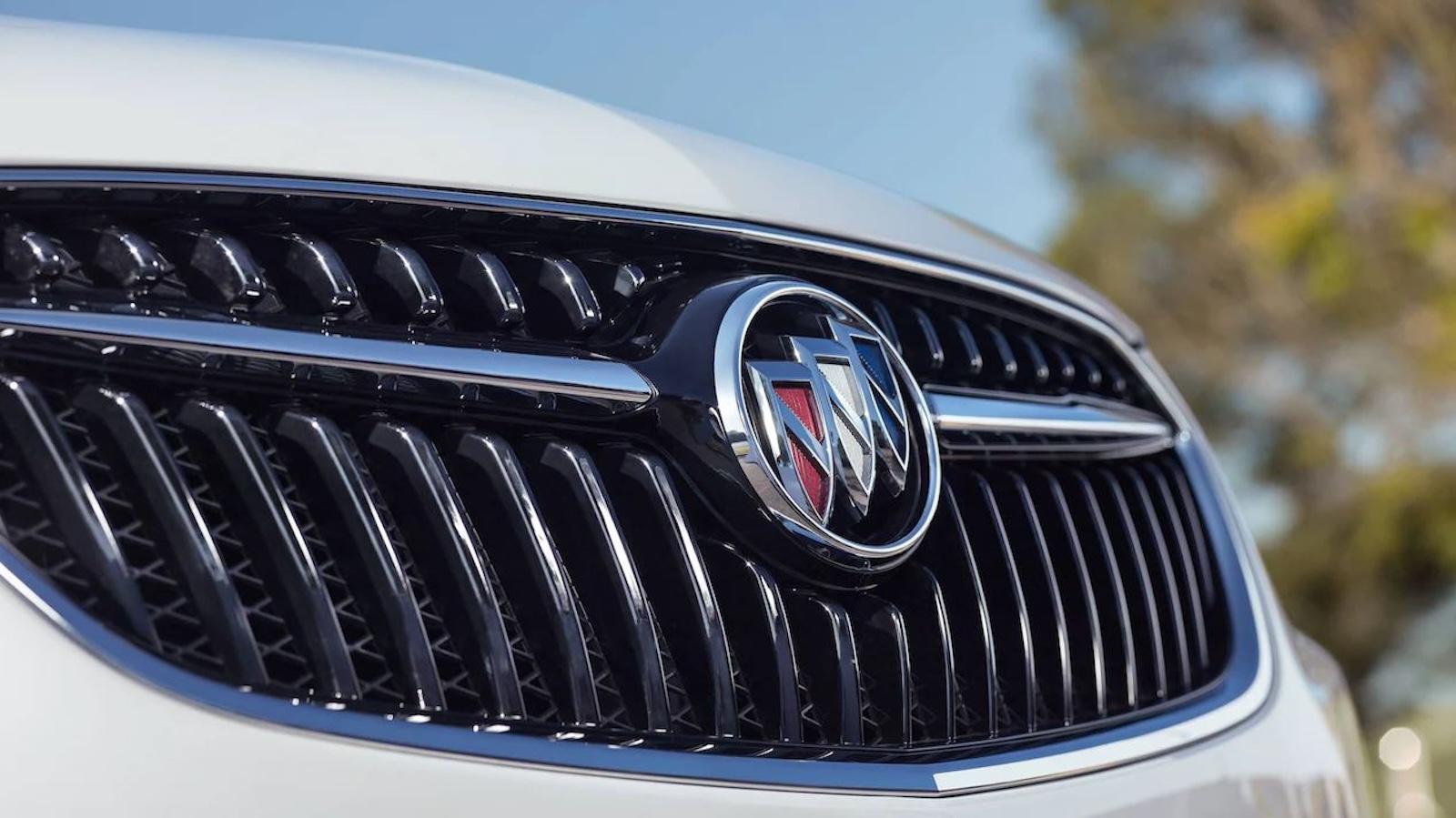
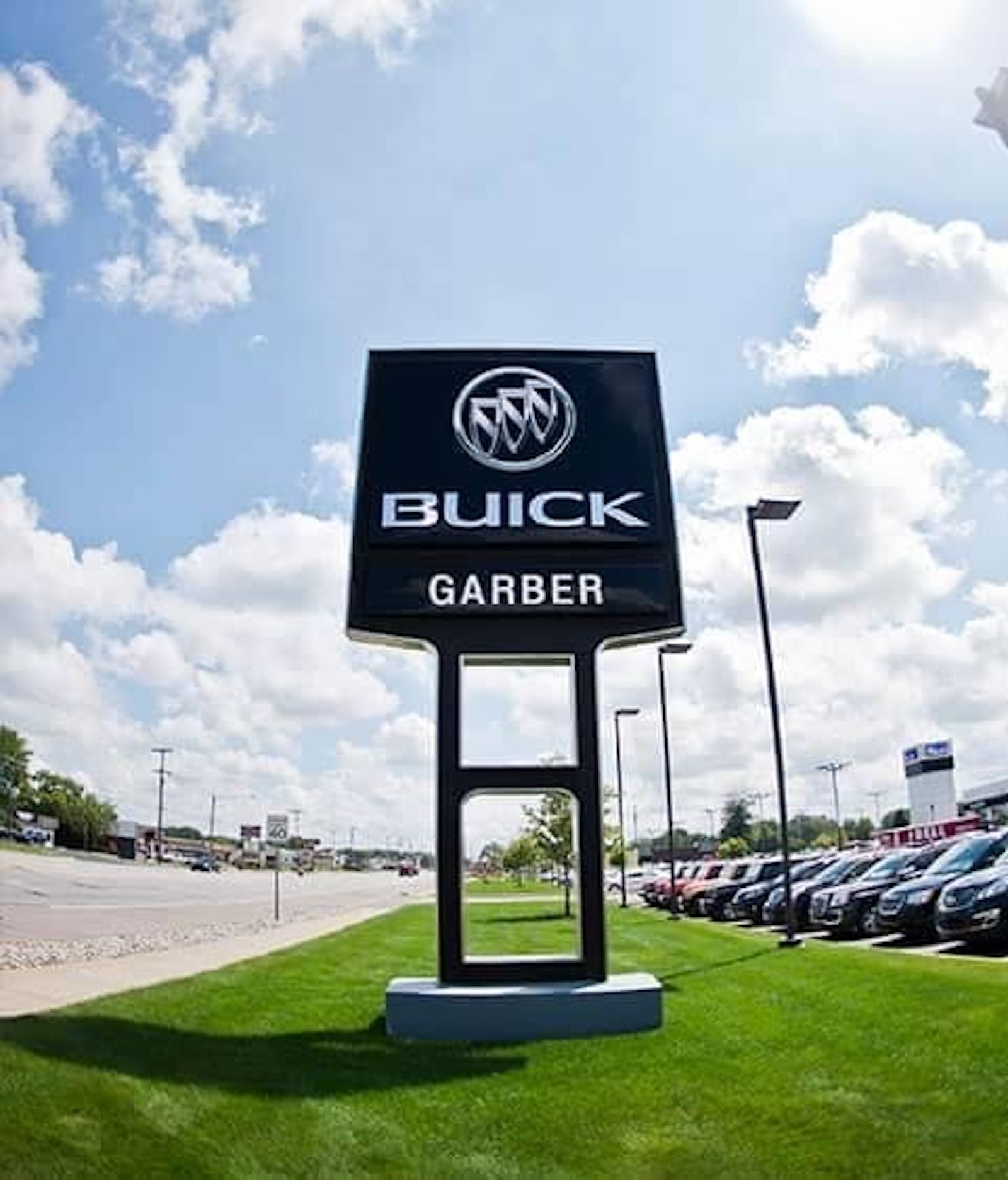
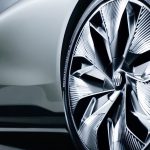
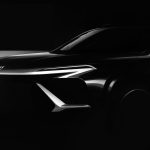
0 Comments